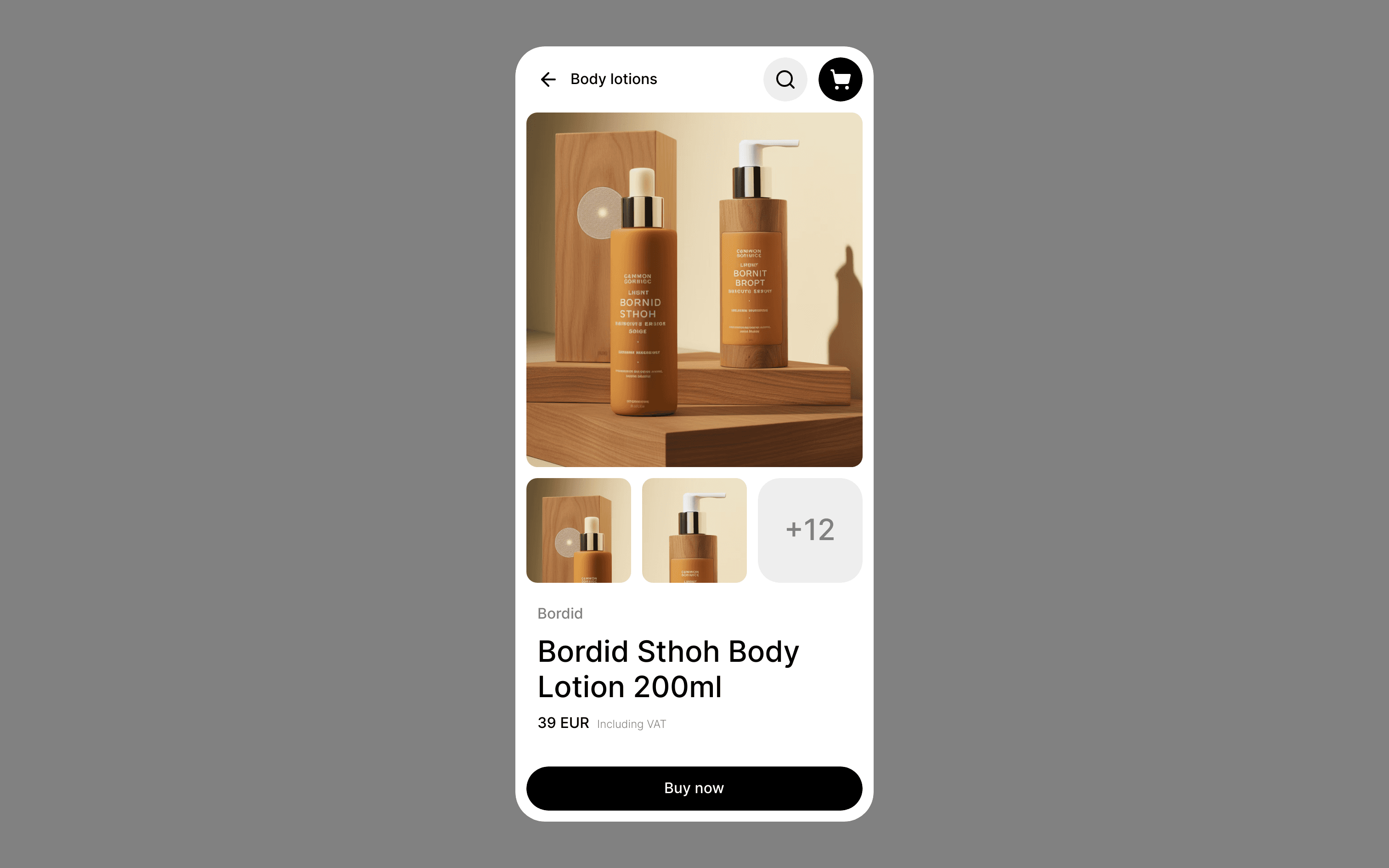Build Design Systems With Penpot Components
Penpot's new component system for building scalable design systems, emphasizing designer-developer collaboration.

UX Planet — Medium | Nick Babich
The list below contains most common deliverables produced by UX Designers as they craft great experiences for users. For better readability, I’ve combined the deliverables according to UX activities:
For each item in the list you’ll find additional links or video with detailed explanation or best practices.
Let’s start!
Persona is a fictional character created to represent a user type that might use a product in a similar way. Personas make it easier for designers to create empathy with users throughout the design process.
Persona is a fictional character that highlights behaviors, needs and motivations of the target users. Image credit: xtensio
Related links:
A visual representation of the user’s actions to complete tasks within the product. Visualized user flow makes it easier to identify which steps should be improved or redesigned.
User flow helps build a “common understanding” of each page of your app or site. Image credit: Michael Pons
Related links:
A diagram that explores the multiple steps taken by users as they engage with the product. Experience map allows designers to frame the user’s motivations and needs in each step of the journey, creating design solutions that are appropriate for each.
A simple experience map reflects one possible path during one scenario. Image credit: effectiveui
Related links:
A use case is a written description of how users will perform tasks in your app. It outlines, from a user’s point of view, an app’s behavior as it responds to a request. Each use case is represented as a sequence of simple steps, beginning with a user’s goal and ending when that goal is fulfilled.
Use case is a list of actions or event steps, typically defining the interactions between a user and a system, to achieve a goal.
Related links:
Storyboards are illustrations that represent shots that ultimately represent a story. In UX this stroy illustrates the series of actions that users need to take while using the product. Translating functionalities into real-life situations, helps designers create empathy with the user.
Smile and sadness on human faces can add emotions to your story and it comes alive in the hearts and minds of your audience. Image credit: Chelsea Hostetter, Austin Center for Design
Related links:
Analysis of products competitors that maps out their existing features in a comparable way. Report helps you understand industry standards and identify opportunities to innovate in a given area.
A competitive analysis allows you to assess your competitor’s strengths and weaknesses in your marketplace and implement effective strategies to improve your competitive advantage. Image credit: yellowpencil
Related links:
A collaborative collection of images and references that will eventually evolve into a product’s visual style guide. Moodboard allows UX desigenrs to show stakeholders and teammates a proposed look for the product before investing too much time or money on it.
A moodboard is a great tool for stopping to check that your idea of the app’s/site’s look and feel matches your stakeholder’s. Image credit: usabilitygeek
Related links:
Sketching is a quick way of visualizing an idea (e.g. new interface design) by using paper and pen. Sketches are useful to validate product concepts and design approaches both with team members and users.
Sketching is a useful tool for validating product concepts and design approaches both with team members and users. Image credit: David Sleight
Related links:
A visual guide that represents the page structure, as well as its hierarchy and key elements. Wireframes are useful when UX designers need to discuss ideas with team members/stakeholders, and to assist the work of visual designers and developers.
Designers often use wireframes as the skeletons for mockups
Related links:
A prototype is a simulation or sample version of a final product, which is used for testing prior to launch. The goal of a prototype is to test products (or product ideas) before spending lots of time and money into the final product.
Low fidelity paper prototype
High fidelity prototype in Adobe XD
Related links:
Questions that provide numbers as result. Quick and unexpensive way of measuring a level of user satisfaction and collecting feedback about the product. Survey is a quick way to collect information from a large number of users but their obvious limitation is lack of any interaction between the researcher and the users.
Related links:
Better User Research Through Surveys – UX Mastery
Usability report summarize usability findings in a clear, precise and descriptive way that helps the product team identify the issue(s) and work toward a solution. When reporting results from a usability test, UX designer should focus primarily on the findings and recommendations that are differentiated by levels of severity.
Related links:
Making Usability Findings Actionable
Numbers provided by an analytics tool on how the user interacts with your product: clicks, user session time, search queries etc. Analytics report can also “uncover the unexpected”, surfacing behaviors that aren’t explicit in user tests.
Google Analytics
Related links:
Have more deliverable to share? Please let me know in the comments!
Follow UX Planet: Twitter | Facebook
A Complete List Of UX Deliverables was originally published in UX Planet on Medium, where people are continuing the conversation by highlighting and responding to this story.
AI-driven updates, curated by humans and hand-edited for the Prototypr community